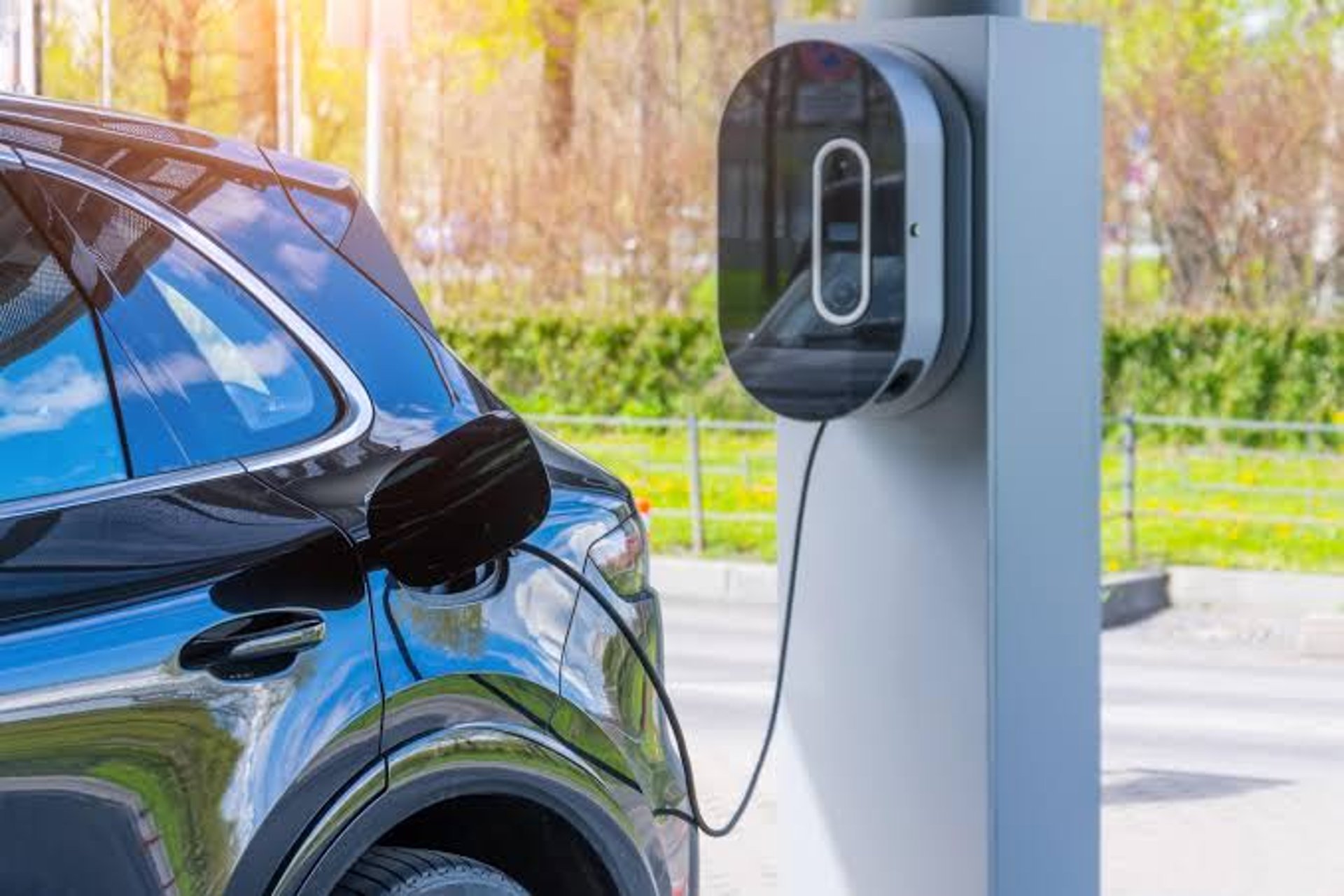
The Financial Benefits of Owning Electric Vehicles: Long-Term Savings and Global Sustainability
3 min read
In recent years, electric vehicles (EVs) have surged in popularity among consumers worldwide seeking savings, sustainability, and cutting-edge technology.
Beyond their environmental merits, however, it's crucial to evaluate the financial implications of owning an electric car in the medium and long term, considering the unique aspects of each region.
This article explores the primary reasons why you might consider purchasing an electric car and how it can impact your finances over time, offering a global perspective.
🚗 Key Advantages of Electric Cars:
Global Savings and Sustainability
Before delving into the financial impacts, it's important to understand the core benefits of electric vehicle ownership, which manifest in diverse ways across the globe:
Energy Savings: Electric cars run on electricity rather than fossil fuels, generally leading to significant savings on "fuel" costs.
For instance, the expense of driving a certain distance on electricity compared to gasoline varies enormously depending on local electricity rates and gasoline prices, even within the same country.
Lower Maintenance Costs: The tendency for electric vehicles to have lower maintenance costs due to fewer moving parts is generally consistent worldwide.
However, the availability and cost of specialized EV maintenance services can differ.
Tax Incentives and Benefits: Many governments around the world offer tax breaks, subsidies, reduced vehicle registration fees, and other benefits to encourage the adoption of electric vehicles.
The nature and extent of these incentives vary significantly from country to country and can greatly influence the overall cost of ownership.
Sustainability: The lower carbon footprint of electric cars compared to combustion engine vehicles is a global advantage.
However, the actual environmental impact of an EV also depends on the energy mix of each region (the proportion of renewable versus fossil fuel sources in electricity generation).
💰 Medium and Long-Term Financial Impacts Across Different Regions
⛽ 1. Energy Savings Globally
The savings achieved by switching from fossil fuels to electricity are a key factor, but the magnitude of these savings is heavily dependent on the relative prices of electricity and fuel in your specific location.
Research residential electricity rates and average gasoline or diesel prices in your region for an accurate comparison.
🛠️ 2. Reduced Maintenance Costs in a Global Context
While the simpler mechanics of EVs typically result in less need for maintenance, labor costs and the price of specific electric vehicle parts can vary between countries.
Inquire about the availability of qualified technicians and the average maintenance costs for specific EV models in your area.
📉 3. Tax Incentives and Reduced Fees Around the World
The availability and value of tax incentives for EVs are highly variable.
Investigate the incentive programs offered by federal, state, or local governments in your country or region.
These may include tax credits, rebates, import tax exemptions, reduced registration fees, and other benefits.
📈 4. Value Retention and Depreciation in a Global Market
The depreciation rate of electric vehicles can be influenced by factors such as local demand for EVs, advancements in battery technology, and the availability of charging infrastructure.
Consult local market data to understand the value retention trends for the EV models you are considering.
🔍 Case Studies:
Global Examples of Electric Car Financial Benefits
Case studies like the Nissan Leaf and Tesla Model 3 provide useful insights, but it's important to note that maintenance costs, energy savings, and depreciation can vary significantly across different markets worldwide.
Look for case studies and data specific to your country or region.
💸 Impact on Resale Value in International Markets
The acceptance and demand for electric vehicles in the used car market vary globally. In regions with high EV adoption rates and well-established charging infrastructure, resale values tend to be stronger.
Analyze the used EV market in your area for a more precise estimate.
⚖️ Factors to Consider Before Buying an Electric Car in Your Region
Charging Infrastructure: The availability and convenience of charging stations are crucial and vary greatly between countries and cities.
Check the charging network in your area and along your typical routes.
Range and Daily Use: Consider the battery range of the car in relation to your daily commuting needs and the availability of charging at home, work, or public locations in your region.
Electricity Costs: Compare electricity costs with fuel prices in your area to estimate potential savings.
Insurance and Maintenance: Obtain insurance quotes and inquire about the specific maintenance costs for the EV models you are considering in your region.
🏁 Conclusion:
A Global Assessment of Electric Car Ownership
The decision to buy an electric car and its long-term financial viability depend on a variety of factors specific to each region. While the global trend points towards savings in energy and maintenance, along with government incentives in many places, it's essential for potential buyers to research and understand their local conditions.
Are you ready to explore the advantages of electric vehicles in your region?
Share this article with your friends and family and stay tuned to Market Secrets for more insights on sustainability, finance, and smart investments, with a global perspective.
Don't miss the opportunity to invest in the future, informed by your local conditions!
Next Steps for the Reader:
Research the electric vehicle incentives available in your city, state, and country.
Compare electricity rates with fuel prices in your region.
Investigate the availability and costs of charging infrastructure in your area.
Obtain insurance quotes and information on maintenance costs for the EV models you are considering in your local market.
Analyze the used EV market in your region to understand depreciation trends.
By providing this framework with an emphasis on local research, the article aims to be more relevant to a global audience, encouraging each reader to seek out the specific information pertinent to their situation.

